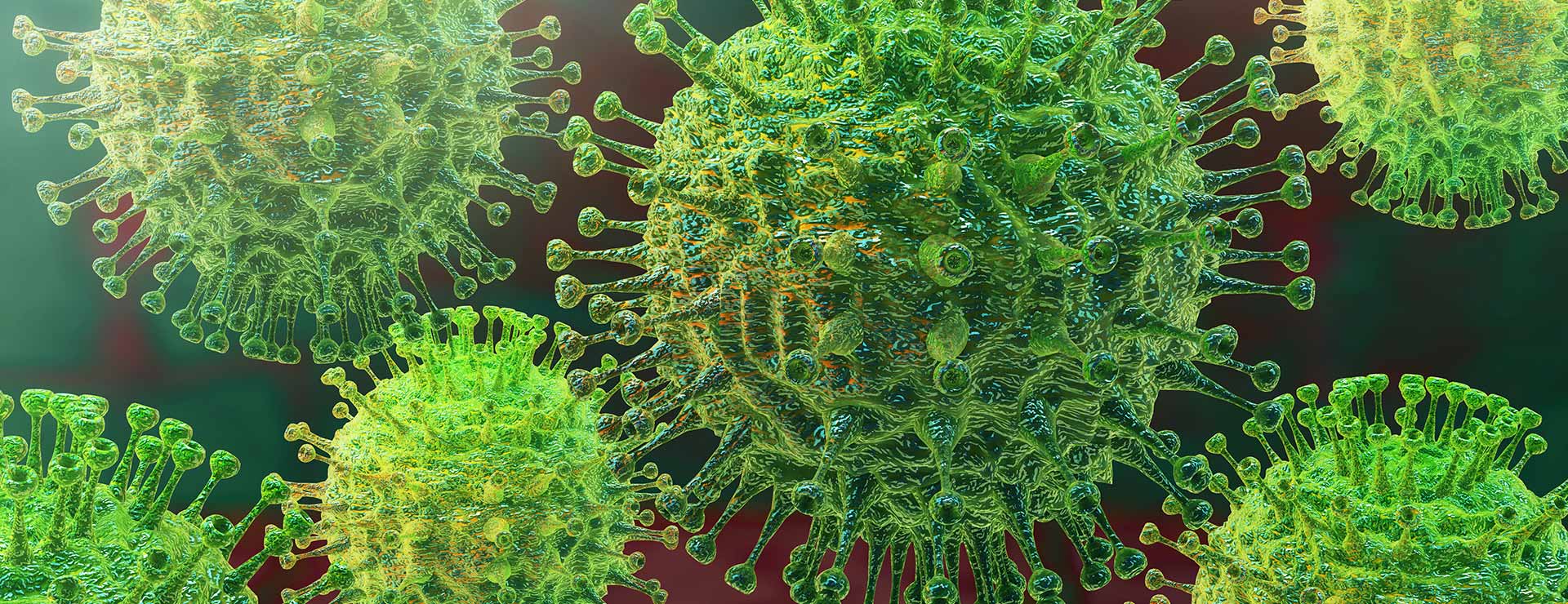Curie, the bomb, and the pandemic
August 6, 2020
Without consciously realizing it, I chose to watch Radioactive, the biographical drama of Marie Curie’s life, on the 75th Anniversary of the bombing of Hiroshima.
The film interweaves images of what’s to come from her discovery of radium, including that bombing.
As a result of being touched by this I’ve sought and read perspectives and news stories, and happened on a news piece making a bold statement of the resultant end of the war that “the White House and the U.S. military were well aware that their celebrations came at the cost of over one-hundred thousand civilian lives. The Hiroshima bombing remains today the deadliest single act ever perpetrated by humans.”
Poignant, but I take issue with that statement if we are to learn and change. Case in point, the coronavirus today, with far more total U.S. deaths attributed to COVID-19 as of this day (officially 159,000 and counting) than attributed to both bombs dropped on cities in Japan at that time. These tragedies are different, but there is a core lesson our genus has not yet collectively embraced.
Not every deadly act is as sudden as a bomb; nor is a bomb such as the first atomic bomb the result of but one action, nor are the sudden deaths the only suffering caused – very far from it indeed. Many worked at length, building on the work of many more, and even Marie Curie’s discovery grew from the collective work that made the observations and insights and materials and technology to isolate radium possible. Not that any who collaborated to create the technology for the bomb and even those bombs themselves, nor the airplanes that carried them, had a clear choice in what happened 75 years ago, let alone Marie Curie who was blamed personally as radiation sickness and disease was identified, even as Curie suffered illness and loss as well, as if an unexpected consequence were intentional. (Update 8/15: it may seem strange to say there was no clear choice – we can isolate decision points such as the president’s order, or the bomber’s pushing of a button, but there was a belief many more would die; and the bomber may have been shot and replaced and the mission completed.)
The precautionary principle would have been wise then as now, not just in terms of radiation and SARS-CoV-2 (not to mention WAR ITSELF) but in everything from gasoline to corn syrup (not that those two are so different).
Albert Einstein famously said, “You cannot simultaneously prevent and prepare for war. The very prevention of war requires more faith, courage and resolution than are needed to prepare for war.” We cannot continue to fund police in hopes of bringing peace to our streets and homes; rather moving quickly to #defund is the only viable solution particularly if the U.S. is to make any progress on human rights, undoing the self-destructive oppression and exploitation of institutional racism. Investing in well-being and community-based capacity for self-healing, guidance and determination has many returns whereas treating every problem needing a “$400 hammer” is a recipe for collapse.
Likewise, the invention and proliferation of the motor vehicle has killed far more than all wars combined. Yet the carfree cities alternative provides so much more benefit.
Countless untold policy choice stories each have their attributable death toll, from former President Reagan’s gutting of the nascent Noise Control Division at the U.S. EPA (noise pollution adds substantially to preventable death), to the petroleum industry and its subsidiaries, not least the pesticide industry. There are so many examples of institutions and practice which are knowingly harmful, recklessly so, and avoidably so.
If we are to learn and change to avoid inflicting suffering and death, let alone to protect and enable the potential for all to reach their potential, a new approach is mandatory. With climate change, nuclear war, global pandemics and the death of nature at our doorstep, sooner seems far better than later.
Also today, watched a short interview with Mary Trump, Trump family whistleblower who advised the country: “We need to hold people accountable which is something that this country is VERY bad at doing.” This seems critical at a time when corruption is so deeply ingrained in the system, conflict resolution and understanding so unsupported, and the public’s ability to navigate our future so compromised. Many explicitly turn away from the concept of accountability and responsible choices and even attack the messenger.

Trackbacks